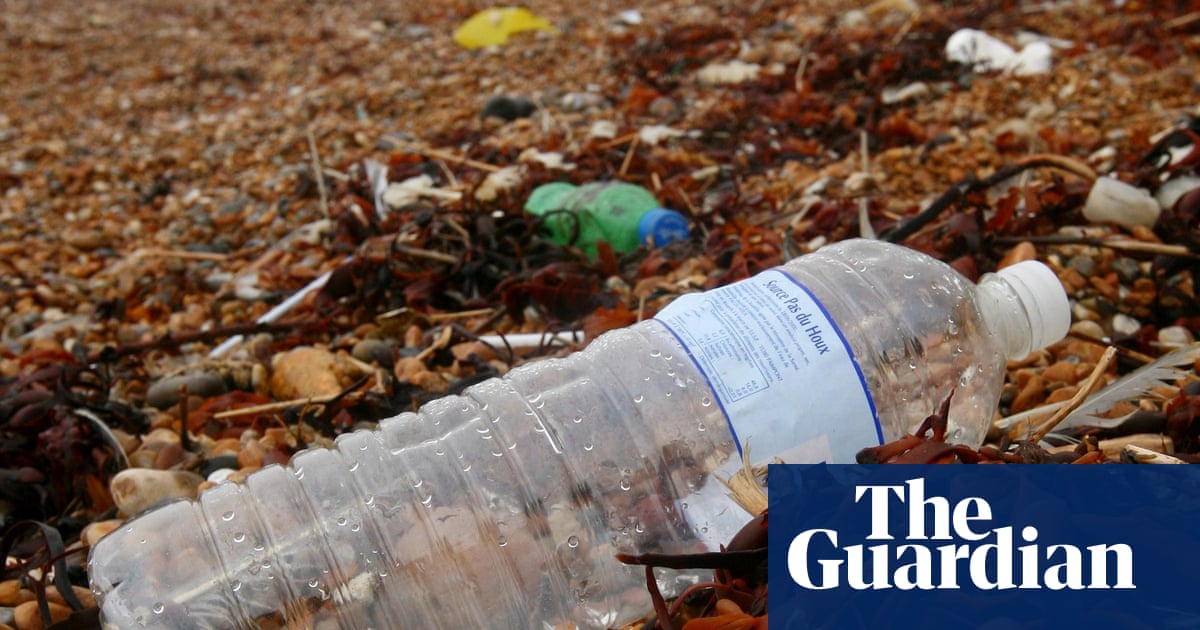
A recent study revealed that litter is a major issue on footpaths in the UK, with an average of 41 pieces found per kilometer. The most commonly found brands were Lucozade, Coca-Cola, Red Bull, Monster, and Walkers.
The State of Our Trails report, conducted by Trash Free Trails, is the first UK study that aims to establish a scientific understanding of the environmental consequences of the tonnes of litter in our landscapes. It drew together more than 1,600 submissions by 4,500 volunteers and with the data the authors have estimated as many as 9.1m individual pieces of litter could be found across the UK’s 220,000km of public rights of way. The surveys took place between July 2020 and August 2023.
According to the report, Lucozade was the most commonly discovered brand of litter. The authors theorized that this could be due to its association as a “sports energy drink”. It is possible that many people who use recreational trails view their activity as a sport and may require extra energy. This may be especially true for those who are new or inexperienced in the activities they are participating in.
Following Lucozade, the most frequently encountered brands were Coca-Cola, Red Bull, Monster, Cadbury, and Walkers.
Out of the 216,466 single-use plastic items identified in the report, 26,106 were drinks containers that could potentially be included in a deposit returns program. This program rewards individuals for depositing recyclable drink containers in designated bins by providing a small monetary incentive.
Activists argue that the government has no valid reason to not implement a nationwide deposit return scheme in the UK. While there are plans for such a scheme in England and Scotland by 2025, there have been significant delays for both regions. The initial announcement for the English scheme was made by Michael Gove in 2018. However, it is worth noting that the current version of the scheme does not include glass containers.
The authors of the report suggest using the term “pollution” instead of “litter” as there is substantial evidence that this debris created by humans has a negative impact on the health of ecosystems where it ends up. This aligns with the definition of pollution and should not be ignored any longer.
It is suggested that individuals litter due to a lack of connection with their surroundings. Therefore, it is believed that outdoor education should no longer be considered an extra, but rather an integral part of the curriculum. The author believes that students, pupils, and educators should fully immerse themselves in nature as they progress through the education system.
According to Trash Free Trails’ communications manager, Rachel Coleman, litter is not only harming ecosystems, but also affecting our own enjoyment of the outdoors. This is something that policymakers and manufacturers of single-use products cannot overlook.
“This is not solely focused on decreasing litter. It is a call for a complete shift in our attitudes towards the environments that shape our sense of self and community. If we do not take action to safeguard them, who will?”
Source: theguardian.com
















